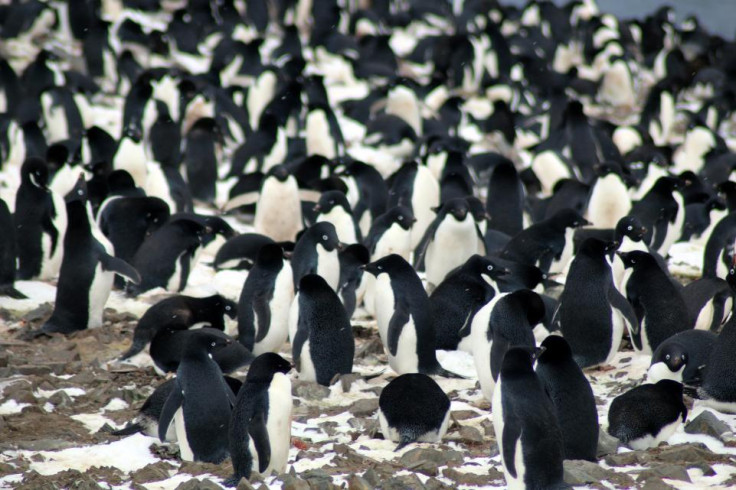Headless penguins wash ashore on Australian beaches
Scientists are investigating the cause of their death.
Scores of headless penguin bodies washed up on beaches surrounding Australia's Fleurieu Peninsula in the month of April, leaving scientists and researchers shocked.
Around 20 penguin bodies were discovered in April alone, the number is higher than the total number of deaths recorded in the region in 2021. The scientists have now started studying the bodies to try to understand what caused their deaths.
Stephen Hedges, a volunteer with the Flinders University, said that he has been collecting the bodies, and an investigation has already been launched to find out what happened to them. He also added that it is not just the bodies that have washed ashore, but their heads can also be spotted on the beaches.
"We normally have one or two per month washing up on the beaches but already (in April) I have collected between 15 and 20, and sometimes three in one day," he told the Advertiser.
Hedges said that propellers in fishing boats could have led to their deaths since the area is abound with such boats.
He further stated that a recently held tuna fishing competition could have possibly attracted the penguins towards the boats leading to their deaths. There have been various theories and speculations about what would have caused the deaths, but nothing concrete has come to light yet.
According to World Wildlife Fund (WWF), penguins are a species of birds that live primarily in the Southern Hemisphere. They look for meals such as small shrimp, fish, crabs and squid in water and sea ice.
Commercial fishing can force penguins to compete for the fish they eat and can also lead to them drowning in fishing nets or getting struck by propeller boats. Oil spills, climate change, introduced predators, habitat destruction and invasive weeds are some of the threats to their survival.

© Copyright IBTimes 2025. All rights reserved.






















